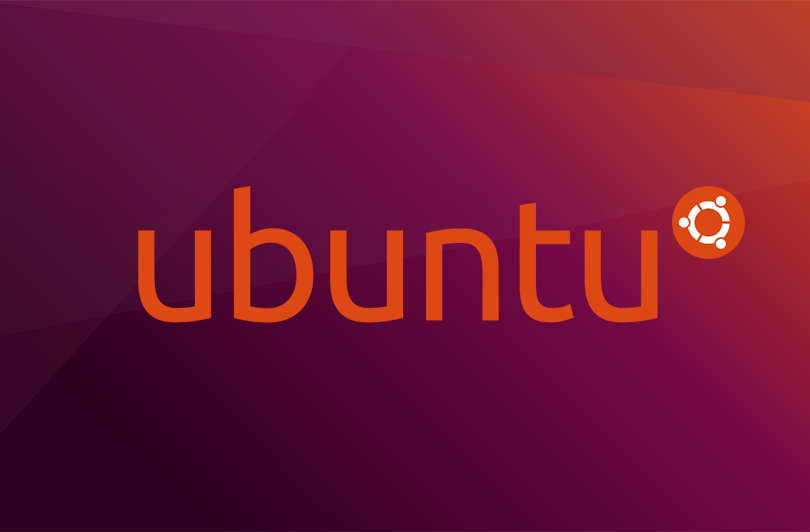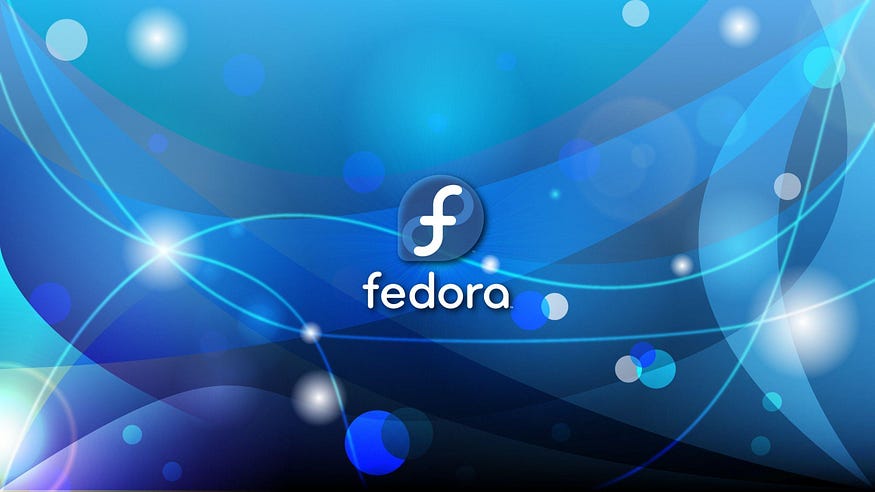Ubuntu vs Fedora – A Linux web server can provide a cost-effective and reliable solution for hosting websites and web applications. Ubuntu and Fedora are two of the most popular Linux distributions used by developers around the world. Both are free, open-source, and provide a reliable platform for software development. However, they have differences in their features, package management, and support. In this blog, we will compare Ubuntu and Fedora and help you decide which Linux distribution is best for developers.
Table of Contents
Ubuntu

Ubuntu is a popular open-source operating system based on the Linux kernel. It is developed by Canonical Ltd. and released under the GNU General Public License, which means that it is free to use, distribute, and modify. It is based on the Debian distribution and provides a user-friendly interface for beginners Ubuntu is designed to be user-friendly and easy to use, making it a popular choice for both beginners and experienced users.
Ubuntu is known for its stability, reliability, and security, which make it a great choice for servers and production environments. It also comes pre-installed with a range of popular applications, such as the LibreOffice productivity suite, the Firefox web browser, and the Thunderbird email client.
Ubuntu is also a highly customizable Linux distribution where users can choose from a wide range of desktop environments, such as GNOME, KDE, and Xfce. This allows users to tailor the user interface to their needs and preferences.
Ubuntu has a large and active community of developers and users, which provides support, documentation, and resources for users. This makes it easy to find help and solutions to problems when using Ubuntu.
Pros:
- Long-term support releases provide stability
- User-friendly interface
- Accessibility features
Cons:
- Release cycle may result in older software versions
- Less suitable for users who prefer bleeding-edge technologies
Features of Ubuntu
- GNOME is implemented by default as the Ubuntu desktop environment, which allows for customization.
- Ubuntu, with full hardware support, allows users to install new printers, drivers, WiFi cards, graphics adapters, etc. for efficient work.
- Users can launch their desired programs from the Ubuntu repository. Ubuntu has an intuitive interface that helps users find programs, files, and other items on the desktop seamlessly.
- It has an integrated desktop environment with various types of files such as audio, video, and photo lenses, etc.
- Ubuntu allows users to access emails by providing Thunderbird software.
- Ubuntu has a smart search engine to find the desired content in the Ubuntu system.
- UFW firewall is installed by default on Ubuntu to improve system security by controlling and managing incoming and outgoing traffic.
- In Ubuntu, AppArmor software is responsible for security management, which controls mandatory access based on the name and access of programs.
Fedora

Fedora is a popular open-source operating system based on the Linux kernel, similar to Ubuntu. It is developed by the Fedora Project, a community-driven initiative sponsored by Red Hat, which is a major contributor to the Linux kernel. It is known for its cutting-edge features and technologies, making it a popular choice for developers and technology enthusiasts. It also emphasizes open-source software and adheres to strict principles related to software freedom.
Fedora comes with several desktop environments to choose from, including GNOME, KDE Plasma, Xfce, and more. It also includes a range of software tools and applications pre-installed, such as the LibreOffice productivity suite, the Firefox web browser, and the GIMP image editor.
Fedora also provides several specialized editions for specific use cases, such as Fedora Server for server deployments, Fedora Workstation for personal computing, and Fedora IoT for Internet of Things (IoT) devices.
Like Ubuntu, Fedora has a large and active community of developers and users, which provides support, documentation, and resources for users. Fedora also emphasizes community-driven development, with regular release cycles and frequent updates.
Pros:
- Rapid release cycle
- Access to bleeding-edge software
- Strong focus on software development and innovation
Cons:
- Frequent updates may introduce bugs or compatibility issues
- Less suited for stability-critical environments
Features of Fedora
- Provides a customized GNOME desktop environment compared to Ubuntu.
- Allows you to select spins with selected desktop environments such as KDE Plasma, Xfce, etc. that are already configured.
- Fedora supports useful programs by default, for example, Firefox as a web browser, LibreOffice to download software for free such as Microsoft Office, and Evolution software for email clients.
- Fedora has strengthened granular security control by implementing the SELinux (Security-Enhanced Linux) module to isolate applications from each other.
- Offers live mode tools.
- Fedora uses Delta RPM packages.
- Fedora provides the ability to automatically update the operating system to take advantage of the latest features.
Difference between Ubuntu and Fedora Linux (Ubuntu vs Fedora)
| S.NO. | Ubuntu | Fedora |
|---|---|---|
| 1. | Ubuntu is a Debian Based OS. | Fedora is a community based project by Redhat. |
| 2. | Ubuntu was initially released in October 2004. | Fedora was initially released in November 2003. |
| 3. | Ubuntu allows one-click installation for nvidia graphics driver. | It is a bit complicated and hard to install nvidia graphics driver in fedora. |
| 4. | Ubuntu uses Ubiquity installer for installing Ubuntu. | Fedora uses anaconda installer for installing Fedora. |
| 5. | Ubuntu uses apt, dkpg, Snap package manager. | Fedora uses DNF, RPM, YUM package manager. |
| 6. | Some of the popular applications of Ubuntu are- LibreOffice, Rhythmbox, Steam, Shotcut etc. | Some of the popular applications of Fedora are- Signal, Mozilla Firefox, LibreOffice, Dolphin File Manager etc. |
| 7. | Ubuntu offers more support to its user than Fedora. | Fedora offers short term support of only 13 months to its user. |
| 8. | It relies on Unity. | It has GNOME desktop. |
| 9. | Ubuntu has 2 forums for discussion ubuntuforums.org and askubuntu.com | Fedora has only 1 forum for discussions which is ask.fedoraproject.org |
Ubuntu vs Fedora Ubuntu vs Fedora Ubuntu vs Fedora Ubuntu vs Fedora Ubuntu vs Fedora Ubuntu vs Fedora

